MEALS FOR THE PLANET
While green film production sparks debates, few topics stir as much passion as on-set catering, especially the shift to plant-based menus.
When it comes to green film production, few topics spark as much emotion as on-set catering. Despite studies, medical reports, and the practices of athletes showing that a plant-based diet is healthiest, introducing even one veggie day often leads to heated debates. Many crew members worry about limited menu choices and believe they “need” animal protein to survive, unaware that plants can provide protein just as effectively as animals do.
“Catering is the most effective measure one can take to go green on a film production. Just get a good vegan cook,” suggests German producer/director Lars Jessen, who sees meat consumption as a major environmental issue. Industrial meat and dairy production contribute significantly to extinction, pollution, and deforestation. For instance, producing beef generates 20 times more greenhouse gas emissions and uses nine times more fossil fuels than producing the same amount of protein from beans. “One burger has a water footprint of 2,500 litres. You could shower for about three months with that amount of water,” Jessen emphasises.
Until recently, the film industry largely ignored the environmental impact of food production. As late as 2021, catering wasn’t even a category in the albert carbon calculator, meaning a veggie day did not impact a production’s carbon footprint. Today, the distinction between meat-based, vegetarian, and vegan diets is standard in film production carbon calculators. It is now more common to ask cast and crew members if they are vegetarian or vegan. These requirements are included in the Green Tool Kit, which helps productions manage dietary requests more efficiently.
In Germany, publicly funded film productions must adhere to ecological standards. Crew members are required to fill out an inquiry form about their meat consumption, and vegetarian catering is mandated at least one day per week. Half the food must come from within a 150 km radius, or a third must be certified organic. Disposable tableware is banned, and food waste must be reduced.
Although organic food can be more expensive, it results in less waste when fresh produce is served. This is crucial for large-scale US productions that often rely on catering services to feed hundreds of crew members with processed food. In Italy, processed food is not an option as food is integral to the culture, much like in France. “If we tried to remove menu items because they weren’t local or organic, then everybody would go on strike! You don’t mess with food in France!” says Mathieu Delahousse, founder of the French consulting company Secoya Eco Tournage.
“The topic of food on set isn’t always easy, and it differs from project to project,” notes Swiss cinematographer Martina Andrés, who, with her partner Manuel Spescha, founded the Eyes on Wildlife production company. “We do our own cooking whenever possible because we both prefer vegetarian and vegan diets, and this way, we also save money.” For their nature documentary about Switzerland, they are testing pre-cooking complete menus to desiccate and portion, reducing food waste, saving money, and cutting down on travel weight. “This way, we know exactly how much food we consume,” Andrés explains.
Reducing personal carbon footprints can be as simple as swapping one meat- and dairy-based meal for a plant-based one each day, according to Suzy Amis Cameron, actress, environmentalist, and wife of James Cameron. Her One Meal a Day for the Planet (OMD) initiative inspired the Hollywood director to adopt a vegan diet. For Avatar 2: The Way of Water, James Cameron set a new standard by offering exclusively vegan on-set catering. “That’s all we’re serving,” announced Cameron. However, those unwilling to eat plant-based meals could still find meat at nearby restaurants during lunch breaks.
–
Words: Birgit Heidsiek













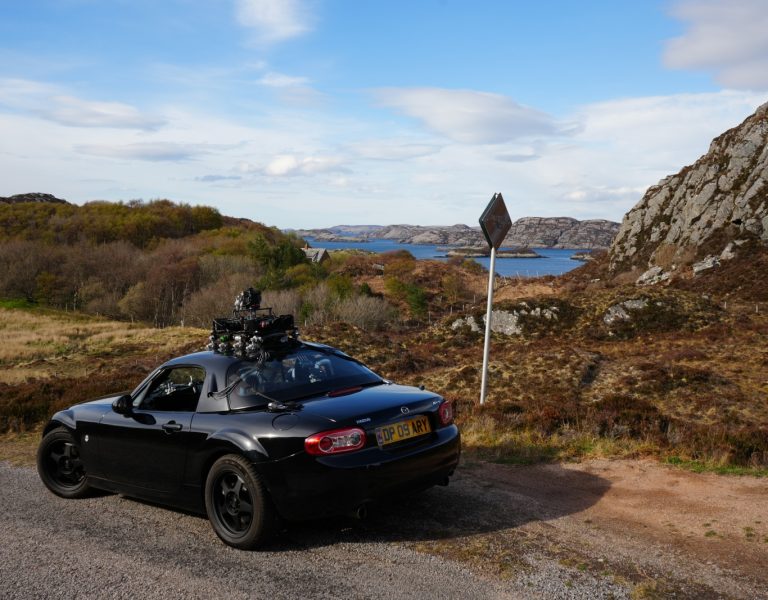

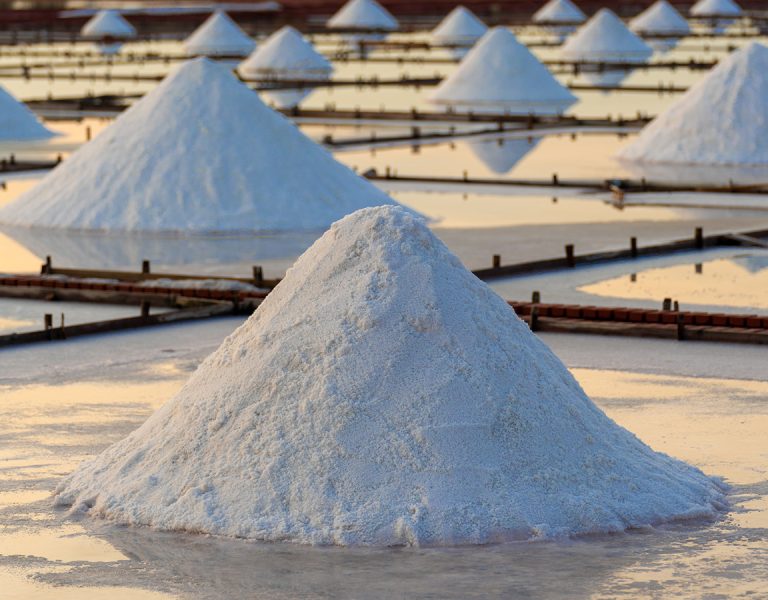
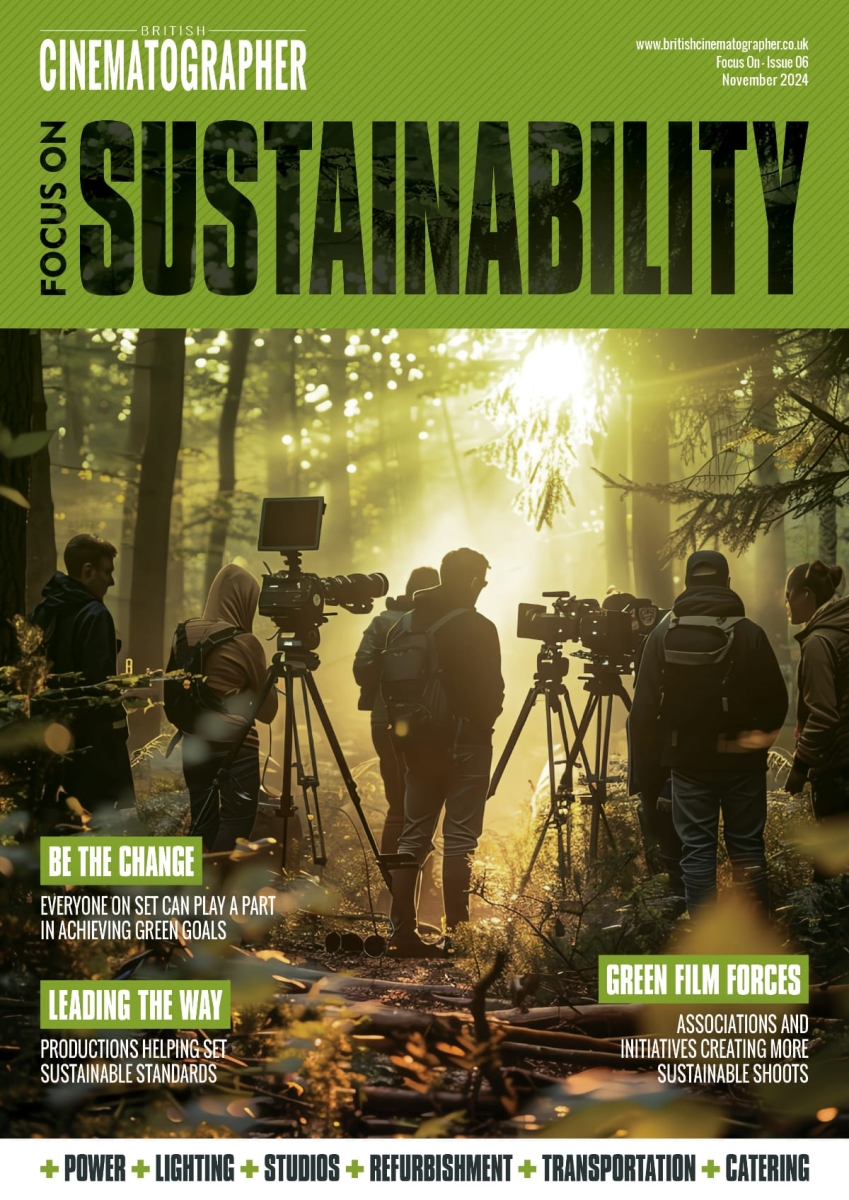
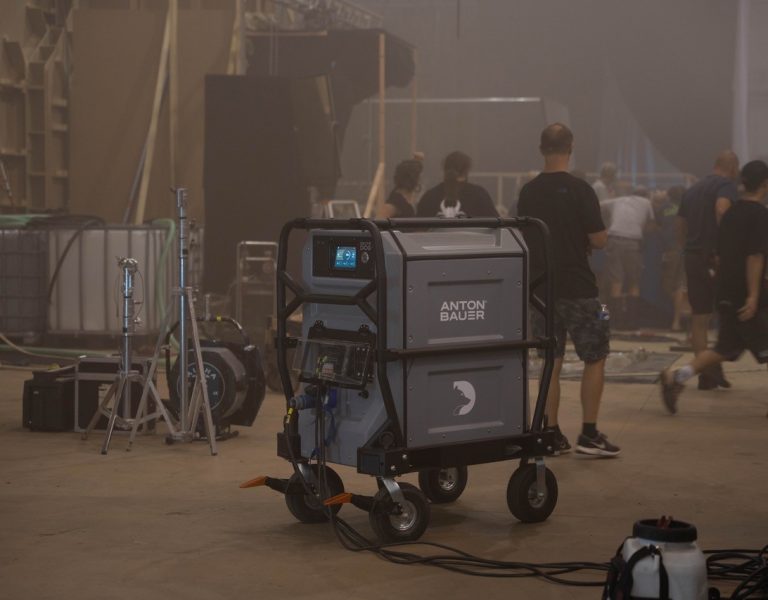
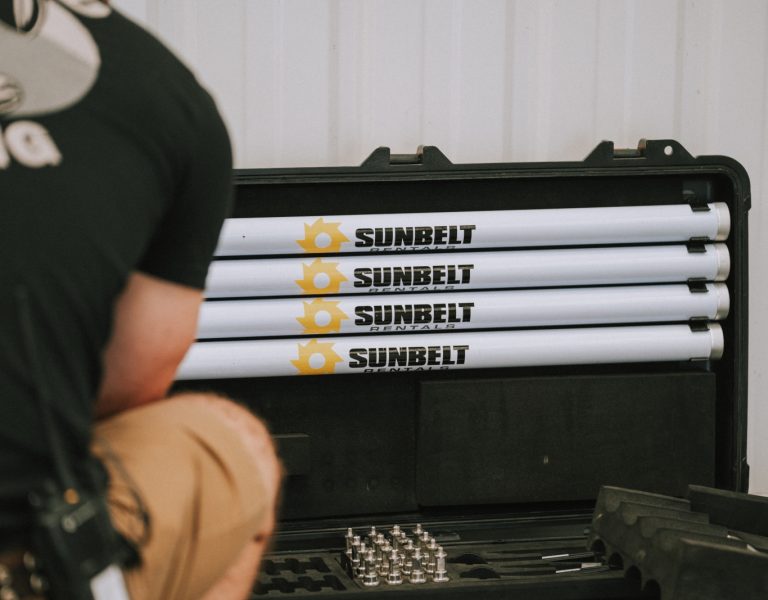
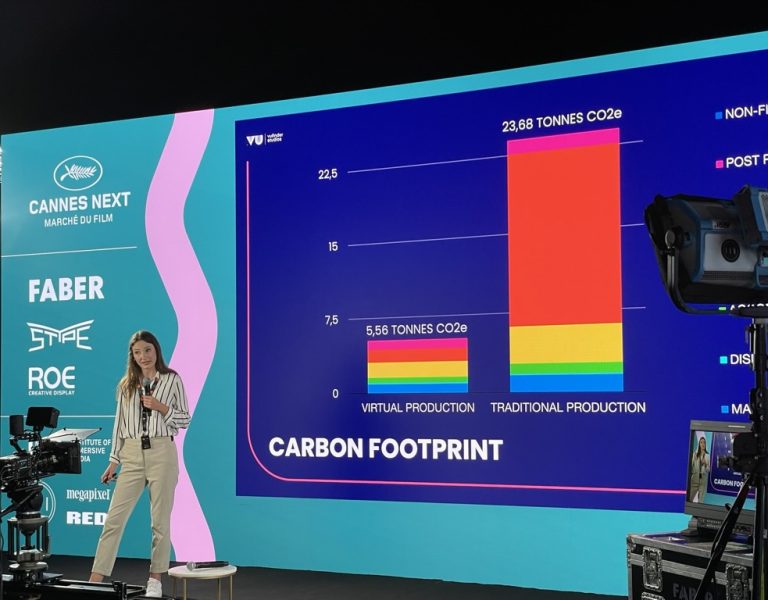




Comment / Laurence Johnson, sustainability manager, Film London